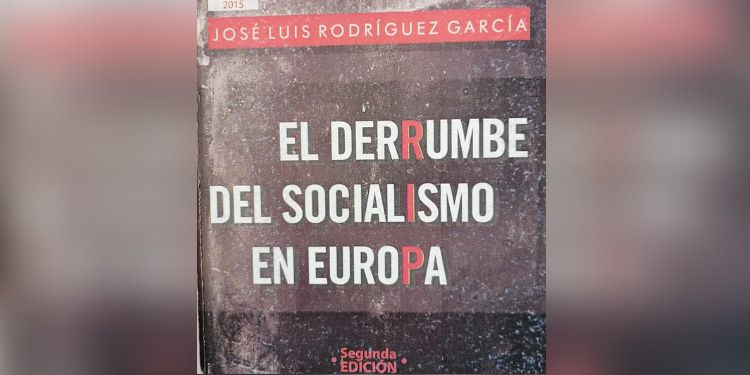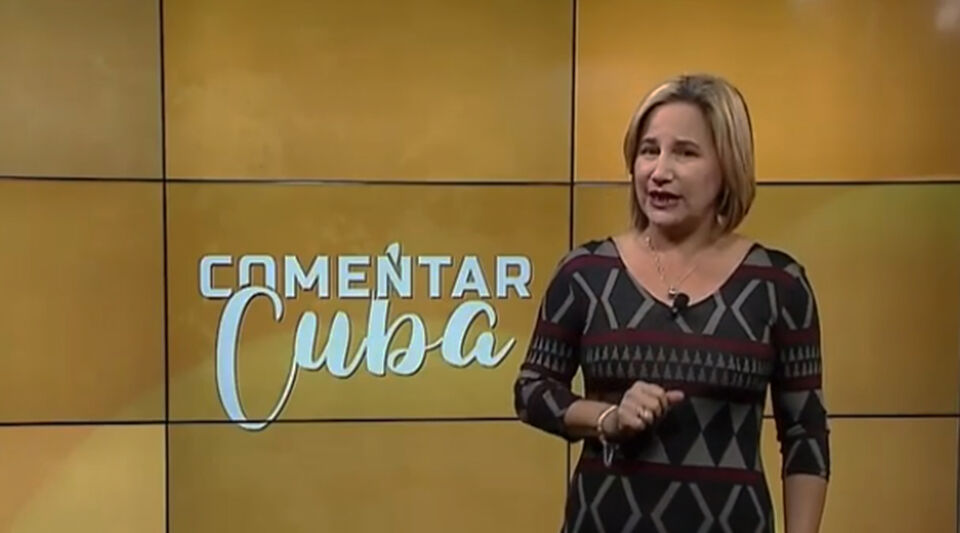Havana Cuba. – The only book that can be found today in Cuban bookstores on the collapse of the socialist camp is that of José Luis Rodríguez García, born in Havana in 1946. This man obtained a doctorate in Economic Sciences from the USSR in 1978. In addition, he is a Merit Academician of the Cuban Academy of Sciences and the author of several books, almost all on the subject of economics.
But Rodríguez García, despite having been the advisor to the World Economy Research Center, Minister of Finance and Prices of Cuba in the 1990s and Vice President of the Council of Ministers, lives with his large family in something similar to a pajama plan. : for not belonging to Raúl Castro’s group of favorites, he remains relegated from political events.
In his book, Rodríguez García begins by saying that “the disintegration of the USSR was a tragedy of great magnitude for all progressive humanity in its struggle against capitalism, causing confusion and demoralization.”
It also clarifies that “it is not enough that the nationalization of the fundamental means of production be adequately developed.” He also lets us know that “the current of socialism was not able in most cases to produce really deep studies on said ideology, which was valued by many authors as simply unfeasible.”
And, furthermore, he accepts Fidel’s opinion that “it was not imperialism that disintegrated socialism, but the Soviets themselves.”
But the most interesting passage in Rodríguez García’s book is the one in which he describes, very accurately, the reasons why this disintegration occurred.
To deal with inflation, the Soviet government launched a monetary and price reform that was unsuccessful and provoked public outrage, while the poor development of the sector became a true Achilles heel of the economy.
“The USSR could not prevent the end of the economy from becoming worse, since the economy decreased, as well as agricultural production, to the point of increasing the import of consumer goods, while rationing of products was introduced. and the foreign debt in dollars rose to 54 billion in 1989, while the population lived below the poverty line”.
And so, at the moment the hammer and sickle flag was lowered from the Kremlin, on December 25, 1991, socialism ended.
OPINION ARTICLE
The opinions expressed in this article are the sole responsibility of the issuer and do not necessarily represent the opinion of CubaNet.
Receive information from CubaNet on your cell phone through WhatsApp. Send us a message with the word “CUBA” on the phone +1 (786) 316-2072, You can also subscribe to our electronic newsletter by giving click here.






